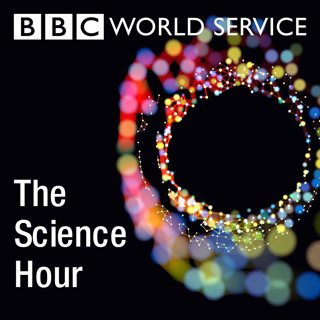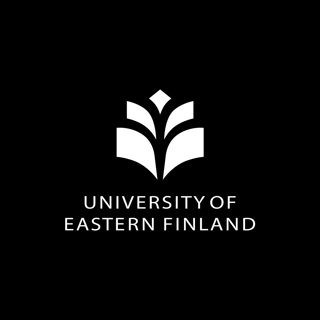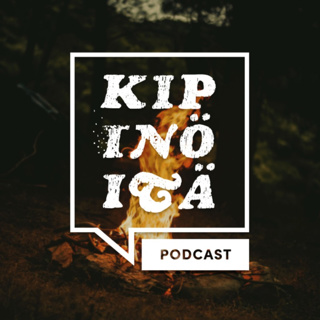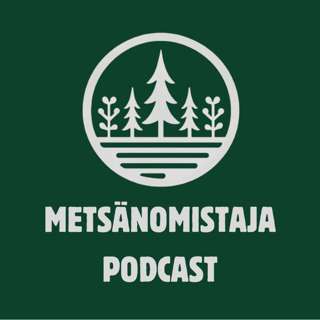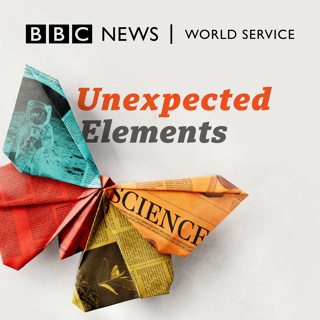
Snake science
Celebrations for the Lunar New Year kicked off on 29th January, and this year is the Year of the Snake. We start things off by discussing the purpose of some mysterious serpent markings on the banks of the Orinoco River. Next, we find out about the origins of snake oil, before digging into the psychology of why we trust snake-like people. Plus, herpetologist Dr Mark O’Shea tells us all about his work identifying snakes, and what happened when he got bitten. That, plus many more Unexpected Elements. Presenters: Marnie Chesterton, with Chhavi Sachdev and Christine Yohannes. Producers: Dan Welsh, with Alice Lipscombe-Southwell, William Hornbrook and Imaan Moin.
31 Tammi 49min

Keep it clean
The Hindu festival of Kumbh Mela is currently underway in India. As part of the event, millions of pilgrims will take a cleansing dip in the confluence of the Ganges, Yamuna and the mythical Saraswati. Inspired by this headline, we splash into a whole bathtub of stories about the science of cleaning. We find out why it’s so important to prevent contamination of other planets and moons, and how space scientists keep things clean. Next up, we discover how our brains clear out harmful toxins while we snooze.And is there any truth in the saying, ‘tidy house, tidy mind’?Finally, Marnie ponders whether it’s possible to be too clean, or if being a bit grubby is okay. Presenters: Marnie Chesterton, with Affelia Wibisono and Andrada Fiscutean Producers: Alice Lipscombe-Southwell, with Dan Welsh, William Hornbrook and Imaan Moin
24 Tammi 49min

Circles, circumferences and Covid
After the comic malfunctions of a self-driving car, which drove its passenger/prisoner in endless circles, Unexpected Elements rounds its attention on the humble circle. Explore how one man calculated the circumference of the Earth 2,000 years before GPS was invented, then be spellbound by the Magic Circle and the mysterious woman who broke into it. And as we hit the five-year anniversary of the Covid pandemic, we take a look at the cycle of infection and mutation, before asking, 'why don’t we have one antiviral pill that kills them all?' We’re joined by evolutionary psychologist Professor Robin Dunbar, who calculated Dunbar’s number; that is, the maximum number of folks you can hold onto in your circle of friends... five? 500? 5,000? Robin reveals how many REAL friends science says you can have. Presenters: Marnie Chesterton, with Camilla Mota and Phillys Mwatee Producers: Harrison Lewis, with Alice Lipscombe-Southwell and William Hornbrook
17 Tammi 49min

Scientist spotlight
Team Unexpected have been digging into their mind palaces to pull on the scientific research that has stuck with them most over the past year. We hear from Professor John Parnell, geologist at the University of Aberdeen, about the role of plankton in forming ancient mountains. How ocean bubbles play a role in climate regulation with bubble physicist Dr Helen Czerski from University College London. Would you know how to measure the size of a bubble? We also participate in some memory sports with Jonas von Essen who is a two-time world memory champion. He helps us construct a mind palace in order to memorise really long strings of digits. Plus we look into the backstory of the human buttocks with science journalist and reporter Heather Radke. She answers the question ‘why do we humans have such large behinds?’ And we hear from Professor Andre Isaacs at the College of the Holy Cross who has filled his chemistry lab with music and dance in order to change perceptions about who can be a scientist. That, plus many more Unexpected Elements. Presenter: Marnie Chesterton Producer: Jonathan Blackwell and Harrison Lewis with Imaan Moin and Alice Lipscombe-Southwell
10 Tammi 49min

(Re)New Year
Happy New Year! This week, the Unexpected Elements team is reflecting on 2024 and looking forward to 2025 for renewed chances to spot the northern lights while they're at their peak visibility in this current solar cycle, and we recap on cellular regeneration advancements and regulations in embryonic stem cell models. We chat to Professor Rene Oudmaijer from the Royal Observatory of Belgium who explains that stars also renew themselves... and this process is key to our lovely planet (and ourselves) existing! We also learn all about the potential of bogs and wetlands in the fight against climate change from Professor Christian Dunn of Bangor University. With another amazing year behind us, we reminisce about our favourite stories and listener correspondences in 2024. And finally, we’re wowed by the regenerative ‘superpowers’ of the magnificent axolotl who has the cellular capabilities to re-grow limbs! That, plus many more Unexpected Elements. Presenters: Marnie Chesterton and Caroline Steel Producers: Harrison Lewis, Imaan Moin and William Hornbrook Sound Engineer: Duncan Hannant
3 Tammi 49min

Festive trash talk
December is a time of celebration, family feuds, and now scientific rivalries. It's also one of the most wasteful months of the year, with festivities in full swing across the globe. No wonder the world is overflowing with rubbish—both literal and metaphorical!Unexpected Elements dives headfirst into the scientific bin to wallow in waste. Could worms be the unexpected heroes of our plastic pollution crisis? How much garbage have we jettisoned into space? And why is part of our very own genome called "junk DNA"?But it’s not all rubbish, we’re also talking trash. While celebrations can bring people together, spending too much time with loved ones can lead to tense moments. Rafi Kohan shares expert tips on how to outsmart your opponent during a heated board game debate.And don’t think trash talk is limited to sports fields. The world of science has its share of drama, too. We’ll explore some of history’s most scandalous squabbles with scientists behaving badly.Come waste an hour with us on Unexpected Elements!Presenter: Caroline Steel, with Chhavi Sachdev and Candice Bailey Producers: Harrison Lewis, Imaan Moin, Alice Lipscombe-Southwell, William Hornbrook and Eliane Glaser Sound engineer: Gavin Wong
27 Joulu 202449min

The science of Santa
As news breaks that archaeologists have found the tomb of St Nick in Turkey, we check in on the North Pole Father Christmas, and fact-check his present giving schedule with advanced level physics and a Gant chart.Plus, prepare for stories of reindeers high... despite their apparent immunity to their favourite hallucinogenic mushroom treats. And we burrow into Santa’s iconic beard to find any microbial magic that lives there.And yet more reindeer magic, this time the mysteries of their amazing body clocks, which they seem to be able to switch on and off at will... AND we reveal Rudolf the red nose reindeer’s big secret. You’ll never hear that song in the same way againPresenter: Marnie Chesterton, with Phillys Mwatee and Camilla Mota Producers: Emily Knight, Alice Lipscombe-Southwell and William Hornbrook Sound engineer: Searle Whittney
20 Joulu 202449min

Totally bananas
This week, a banana sold at auction for $6.2 million dollars. Well, not quite… it’s actually a piece of conceptual art and it’s WAY more than just a banana. There’s also some duct tape. In response to this most bananas of auctions, the Unexpected Elements team are going bananas for bananas! We investigate the science of slipping on a banana-skin. Is it just ‘cartoon physics’ or are they actually a slip-hazard? And did you know your breakfast banana might be… radioactive? Also, can Romanian ethical hackers succeed where the police have failed? We look at the computer sleuths tackling real life missing persons cases. We find the answer to why toads have evolved such dangerous skins, and yet more bananas, as we look at the pros and cons of the Ethiopian False Banana. Why hasn’t this hardy plant conquered the world? Presenter: Marnie Chesterton, with Andrada Fiscutean and Christine Yohannes Producers: Emily Knight, Alice Lipscombe-Southwell and William Hornbrook Sound engineer: Searle Whittney
13 Joulu 202449min
